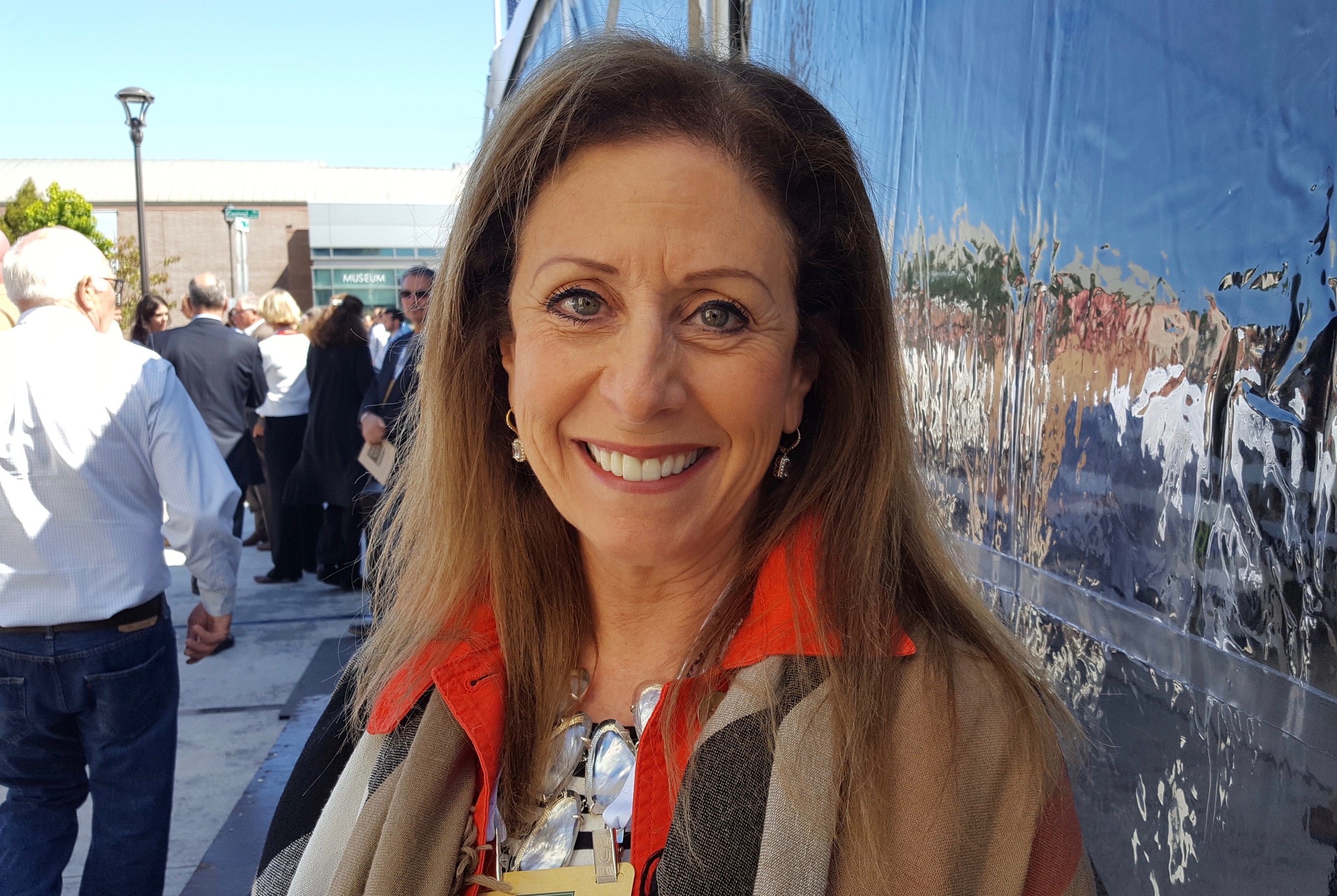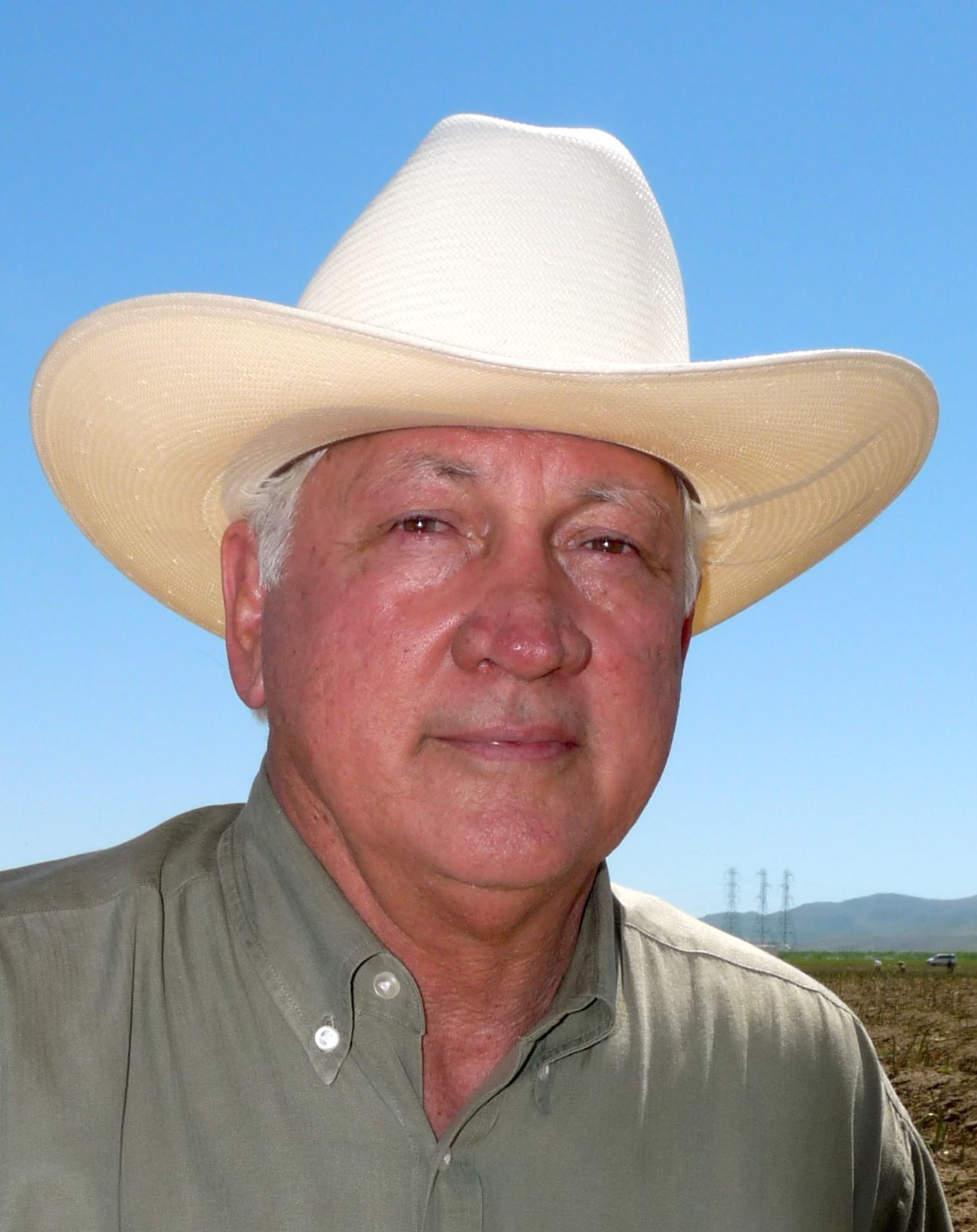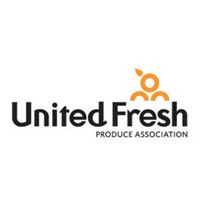Gerawan Statement on the Results of the November 5, 2013 Decertification Election
The following statement was issued on September 18, 2018, by Gerawan Farming Inc. regarding TODAY’S Decertification Election Ballot Count
Fresno, CA — Our employees have been waiting since November 2013 for their votes to be counted. After a historic struggle, they achieved that right today, in spite of the efforts by the UFW and the millions of taxpayer dollars spent by the Agricultural Labor Relations Board to deny them that right.
The final vote count was 1,098 “No Union,” and 197 for the UFW. The employees overwhelmingly rejected the UFW as their bargaining representative – by a 5 to 1 margin – in spite of the ALRB’s last-minute, election day refusal to count approximately 640 ballots challenged by the UFW.
A secret ballot election is intended to embody and reflect the workers’ fundamental right to choose their representation. That right is at the heart of what the Agricultural Labor Relations Act is designed to protect and promote. Today’s vote tally leaves no doubt what our employees want. It is a ringing endorsement of their right to choose, and a repudiation of concerted, unlawful, and anti-democratic efforts to deny them that right.
We call on the UFW and the ALRB to respect the choices of farmworkers, to certify the results of the election, and to decertify the UFW. We call on the Legislature and the Governor to take immediate steps to ensure that the ALRB’s violation of the basic human rights of farmworkers never occurs again in California.
CONTACT: David Schwarz
(310) 277-1010
DSchwarz@irell.com
Featured Photo: Silvia Lopez, Gerawan Farm Employee, listens to the Sept. 18, 2018 Ballot Count of Nov. 2013 Decertification Election.





























